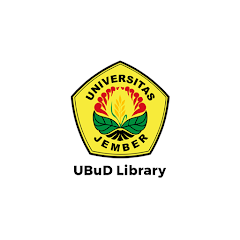

Ideal Cost-Free Distributions in Structured Populations for General Payoff Functions
BROOM, Mark - Personal Name
RYCHTAR, Jan - Personal Name

The important biological problem of how groups of animals should allocate themselves between different habitats has been modelled extensively. Such habitat selection
models have usually involved infinite well-mixed populations. In particular, the model of
allocation over a number of food patches when movement is not costly, the ideal free distribution (IFD) model, is well developed. Here we generalize (and solve) a habitat selection
game for a finite structured population. We show that habitat selection in such a structured
population can have multiple stable solutions (in contrast to the equivalent IFD model where
the solution is unique). We also define and study a “predator dilution game” where unlike in
the habitat selection game, individuals prefer to aggregate (to avoid being caught by predators
due to the dilution effect) and show that this model has a unique solution when movement is
unrestricted.
models have usually involved infinite well-mixed populations. In particular, the model of
allocation over a number of food patches when movement is not costly, the ideal free distribution (IFD) model, is well developed. Here we generalize (and solve) a habitat selection
game for a finite structured population. We show that habitat selection in such a structured
population can have multiple stable solutions (in contrast to the equivalent IFD model where
the solution is unique). We also define and study a “predator dilution game” where unlike in
the habitat selection game, individuals prefer to aggregate (to avoid being caught by predators
due to the dilution effect) and show that this model has a unique solution when movement is
unrestricted.
Availability
| EB00000003174K | Available |
Detail Information
Series Title
-
Call Number
-
Publisher
: ,
Collation
-
Language
ISBN/ISSN
-
Classification
NONE
Detail Information
Content Type
E-Jurnal
Media Type
-
Carrier Type
-
Edition
-
Specific Detail Info
-
Statement of Responsibility
Mark Broom, Jan Rychtar
No other version available
File Attachment









